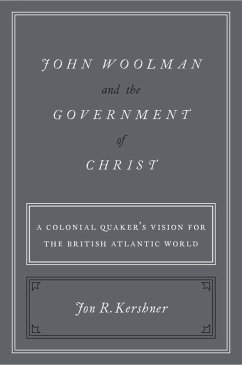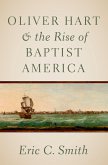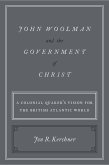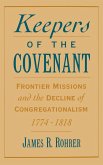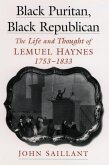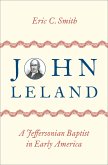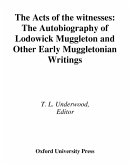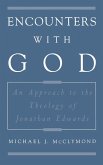In 1758, a Quaker tailor and sometime shopkeeper and school teacher stood up in a Quaker meeting and declared that the time had come for Friends to reject the practice of slavery. That man was John Woolman, and that moment was a significant step, among many, toward the abolition of slavery in the United States. Woolman's antislavery position was only one essential piece of his comprehensive theological vision for colonial American society. Drawing on Woolman's entire body of writing, Jon R. Kershner reveals that the theological and spiritual underpinnings of Woolman's alternative vision for the British Atlantic world were nothing less than a direct, spiritual christocracy on earth, what Woolman referred to as "the Government of Christ." Kershner argues that Woolman's theology is best understood as apocalyptic-centered on a supernatural revelation of Christ's immediate presence governing all aspects of human affairs, and envisaging the impending victory of God's reign over apostasy.
John Woolman and the Government of Christ explores the theological reasoning behind Woolman's critique of the burgeoning trans-Atlantic economy, slavery, and British imperial conflicts, and fundamentally reinterprets 18th-century Quakerism by demonstrating the continuing influence of early Quaker apocalypticism.
Dieser Download kann aus rechtlichen Gründen nur mit Rechnungsadresse in A, B, BG, CY, CZ, D, DK, EW, E, FIN, F, GR, HR, H, IRL, I, LT, L, LR, M, NL, PL, P, R, S, SLO, SK ausgeliefert werden.

